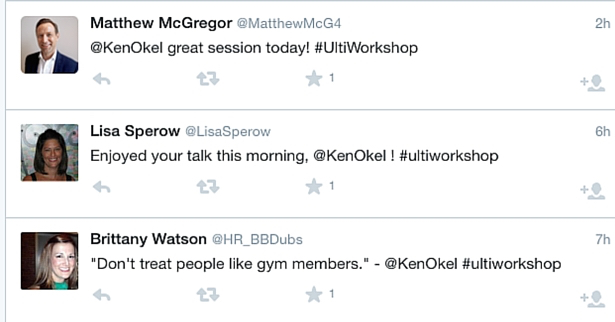
While many effective leaders worry at work, the amount of time spent on worrying should be a concern. A little worrying is healthy and can prevent some mistakes. But does this kind of concern take up too much of your day? And could anxiety block your path to innovation?
We’ve talked before about Overthinking at Work and worrying is a close cousin. Keep in mind that time on the job is a limited resource. You don’t want too much of it spent on what could happen.
Consider these tips for limiting how you worry at work:
Big Problem or Real Problem?
A growing hole in your roof is a big problem that needs immediate attention. Worrying about it makes sense.
Worrying about if cold weather cold hurt your sales, when it’s summertime, should be less of a concern. While you should consider what could happen, there’s a good chance your worst fears will never materialize.
Don’t allow problems that haven’t even happened to take up too much of your time.
Action Steps
Action is a great way to fight worry at work. If you’re afraid that bad weather will hurt your business, then what could you do about it? Perhaps, you adjust your sales and marketing.
You empower yourself with a plan. This stops the cycle of worrying about what could happen. You see this with football coaches. On the sidelines, they have a huge menu of plays they can run in certain situations.
If there’s no obvious action step, then you may need to acknowledge the possibility of the problem but then stop thinking about it. Bad luck can happen and even the best of us fall victim to it.
Do Something Else
Does worrying at work give you a sneaky way to not think about other important tasks? It can become a convenient excuse not to do things. You’ll find yourself saying things like, “I was going to work on my sales forecast but I had to repeatedly check on the cleanliness of the employee kitchen, a chair that squeaks, or potential rush hour traffic.”
In these situations, the thing you’re worrying about may not get better and you move further away from your professional goals. As a result you become stressed out because you have to hustle or stay late to get all of your work done. Maybe some big picture, strategic thinking never happens.
If worrying about something is taking up more time than it deserves, then find something positive that you can do and immediately perform that task. You’ll distract yourself from the problem and focus on things you can control.
Final Thought
While worrying can be an effective tool for preparing for potential problems, spending too much time on what could happen, hurts your productivity.






